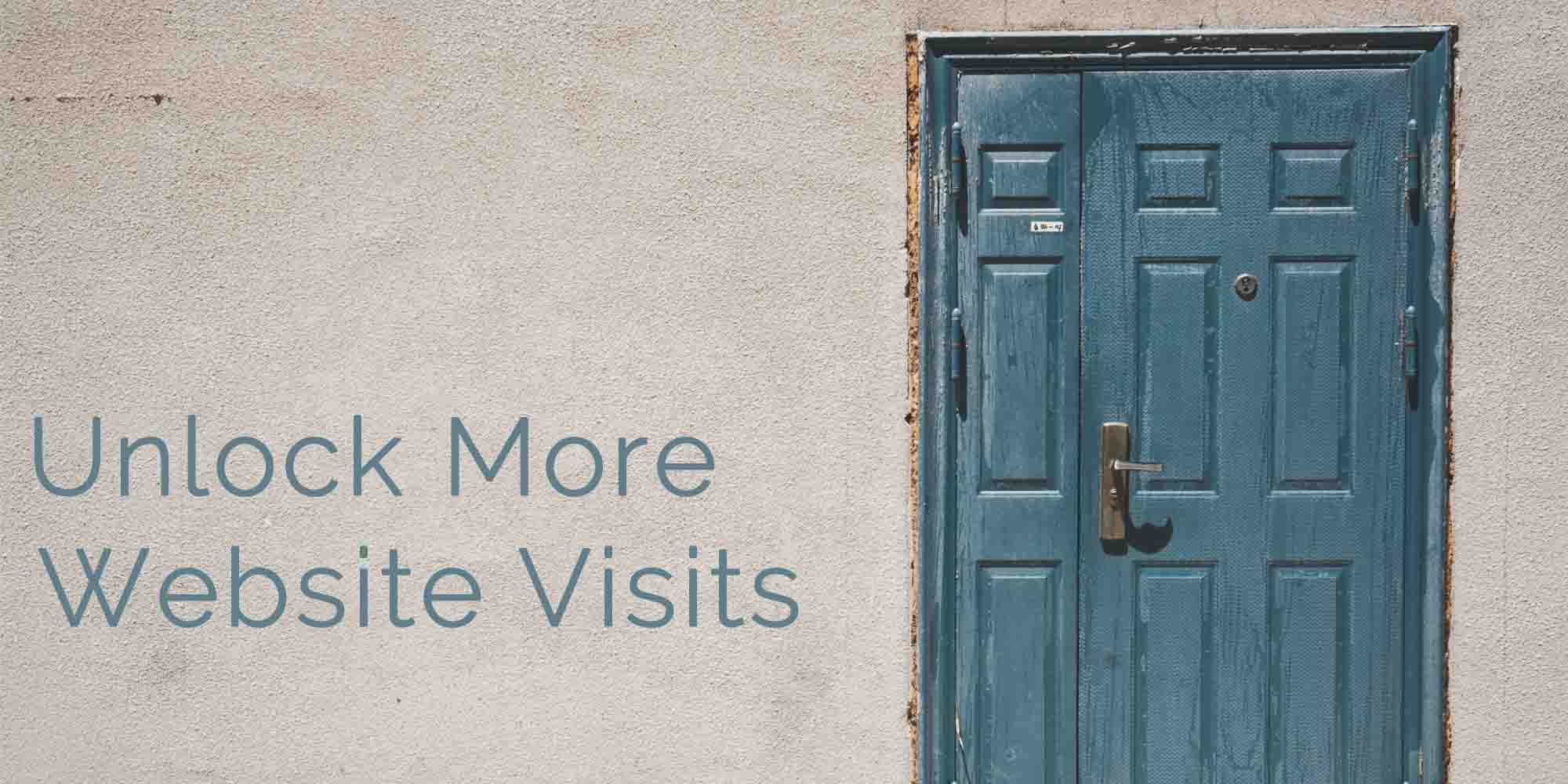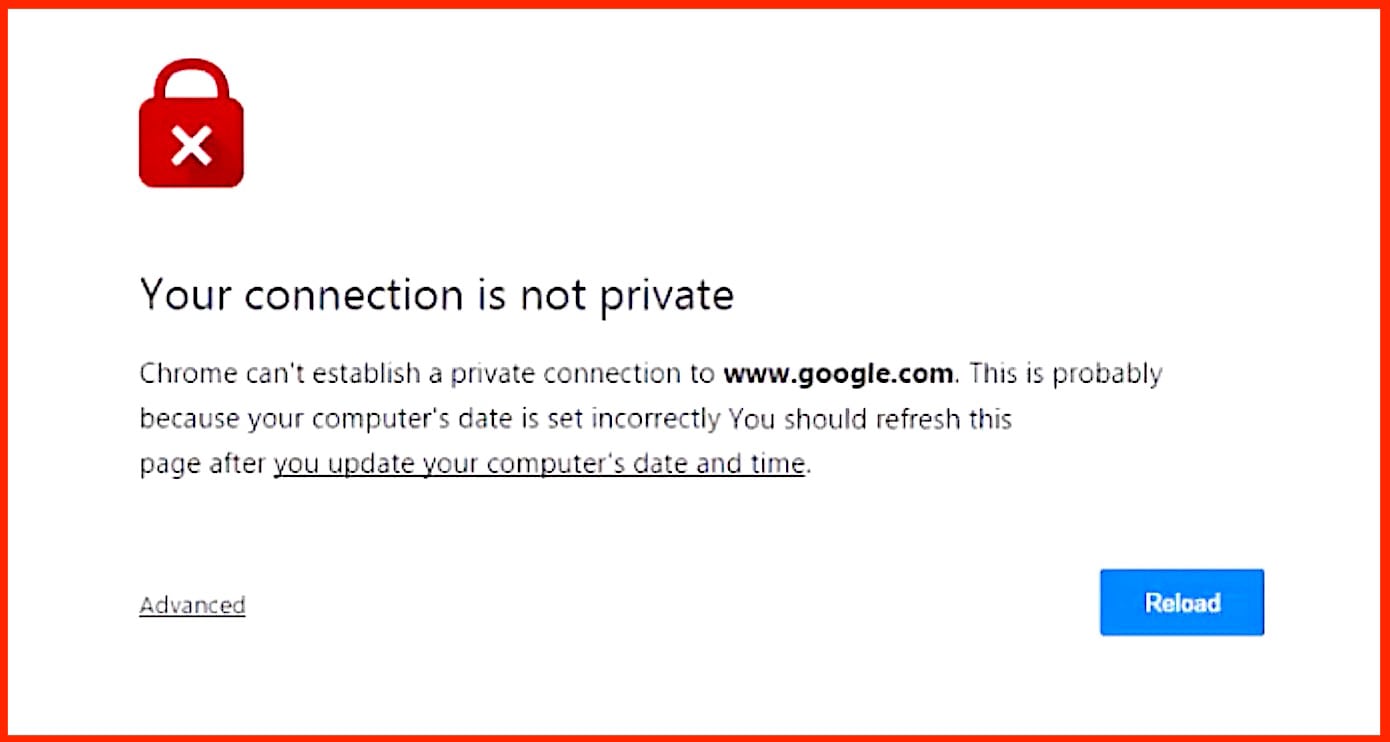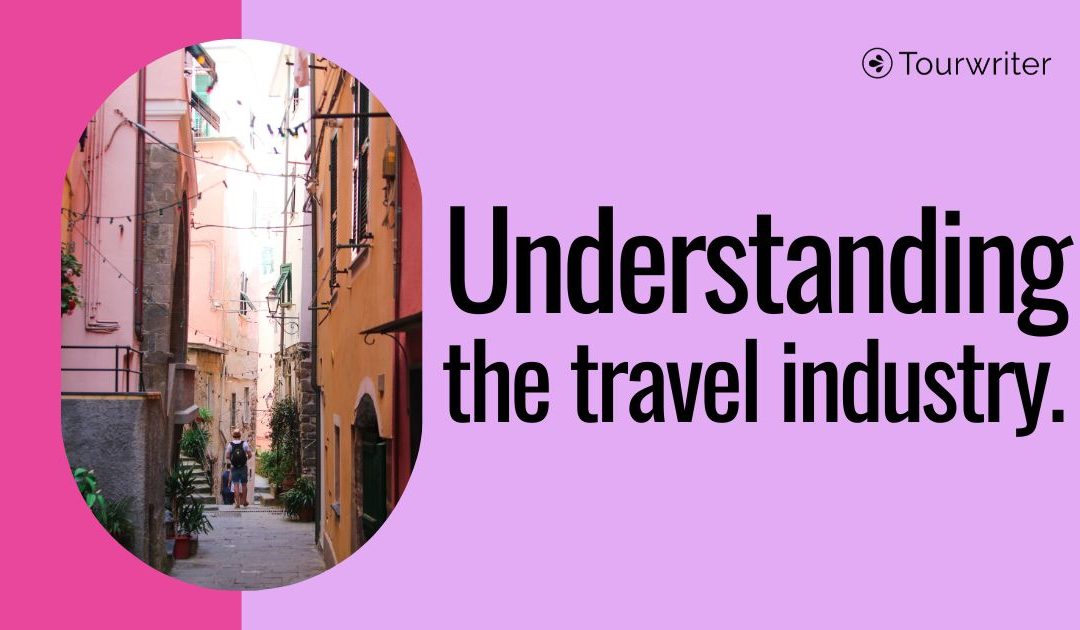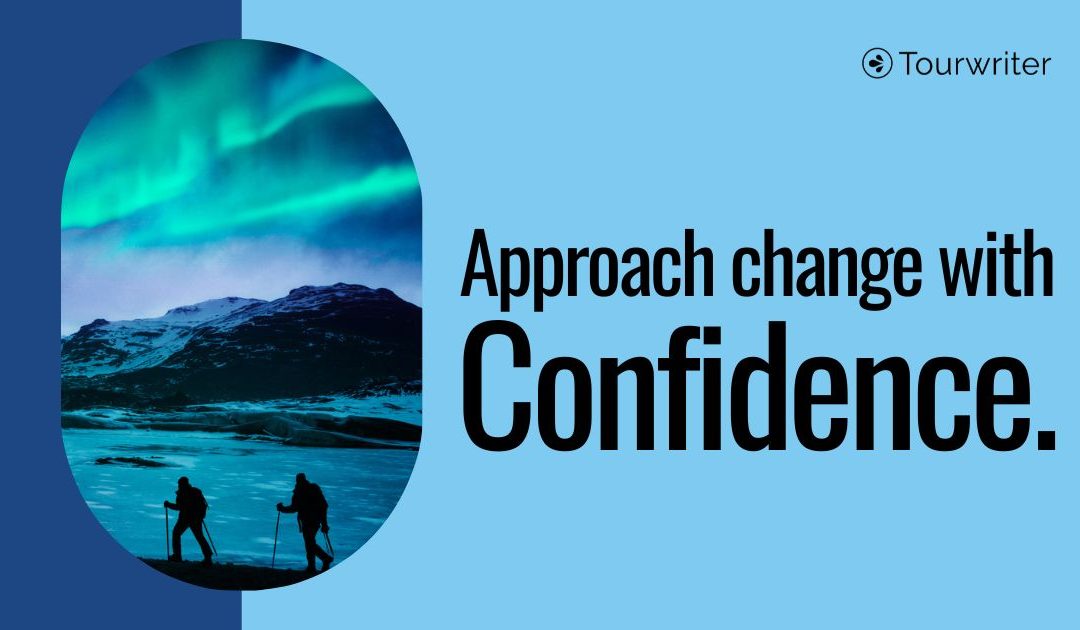HTTPS: Why tour operators need to pay attention to web security

We know how important your digital presence is when it comes to attracting new and returning customers. In fact, over 90% of travelers look online when researching in preparation for their trips… Getting your website right will inevitably set you and your business up for success going forward.
There’s certainly no shortage of websites and self help books on best-practice web design, but what if we told you there was a simple way that you could enhance your tour operator website and get more quality traffic to your website…well you’re in luck! That’s exactly what we’re here to do.
SSL certificate: What is it and how does it work?
Okay, things are about to get a little bit technical. Bare with us, because we promise it’ll all make sense in the end!
SSL stands for Secure Socket Layer and is part of a larger framework for securing information on the Internet. In short, SSL creates an encrypted connection between two computers so that any information transferred between them cannot be intercepted. An SSL certificate attached to your website will protect data transmitted to your customer’s web browser. Activating this technology may sound daunting, but it’s as simple as purchasing and activating an SSL certificate for your website… (there’s a few more steps than that…this how-to guide should help guide you through it).
Find yourself a little lost? Let’s take it back a step.
Do you ever find yourself noticing this pop up in the address bar of your internet browser?


That “Not secure” sign means the website you’re visiting does not have an SSL certificate. Any website without an SSL certificate will not be able to be reached via the https:// version of their web address (the ‘s’ stands for secure)
A secure website with an active SSL certificate will look a little something like this. Notice the green padlock? That’s a good sign!

Now what?
We’re sure by now you’re wondering how much an SSL certificate will cost, and how difficult will it be to implement. Unfortunately determining price is not as simple as giving you a single figure as the price differs depending on the different level of assurance you get.
Here are a few resources that should help make sense of the nitty gritty:
- A bit more information on the different levels of assurance
- A helpful rundown of price and features offered by the primary website security companies
- How to install your new SSL certificate on your website
How does this benefit you?

So now that we’ve got the heavy stuff out of the way…the exciting part: How this benefits you! Lucky for you, there are numerous benefits to activating an SSL certificate on your website.
1. Google will rank your website more favourably.
If growing your organic ranking on Google is important to you (if it’s not, here’s a helpful guide to get you started) then this one should be enough of a reason to upgrade.
Google’s search algorithm takes into account hundreds of different factors when determining the organic ranking of a website – that is where your website appears (not including paid ads) on google search. Being as close to the top as possible means your website will get the lion’s share of web visitors.
One of the ranking factors that Google takes into account is whether or not your website is secure.
2. You get more accurate information
If you use Google Analytics to track your website’s traffic then having an HTTPS connection will give you access to more in depth information about how people are reaching your website.
Websites without an SSL certificate will record all referral traffic (traffic to your website via a link on someone else’s website) in a generic group called ‘direct traffic’. Only websites with an active SSL certificate will be able to see a full list of all the different URLs that your traffic is coming from.
3. Security…of course
It goes without saying, but of course having a security certificate on your website means you’re much better protected than those without one. Security breaches, hacking, and phishing scams far less likely to affect a website with a SSL certificate.
4. It shows you’re trustworthy
Last but not least: credibility. It’s 2018 and consumers are more security conscious than ever. Having a secure website shows your visitors that you take their digital security seriously and giving your future customers confidence in your brand is never a bad thing!
Further reading
A more indepth look at SSL certificates and their advantages




